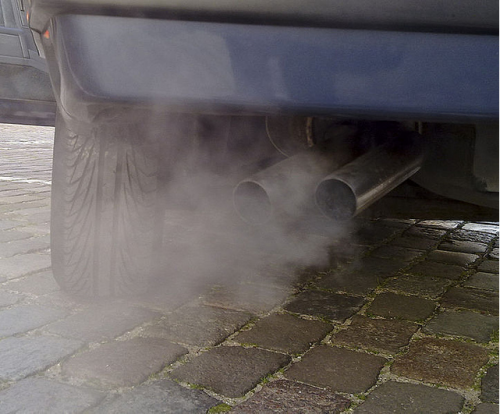Underground
“Bloody fog,” Mel thought, “clearing the air like this.” It meant no one suffered from the yellow air or the gray dirt that they produced in massive quantities. He was a mathematician and could tell you, in metric tons, how much waste combustion engines blew out tailpipes—be they Honda Civic Hybrids or Chrysler Voyagers. (Naming an SUV after a spacecraft! Such hubris!)
The best Dr. Who episodes had someone choking to death on auto exhaust. Lord bless the Sontarans. It happened more than once. But screenwriters always went soft and found a way to circumvent justice.
Mel believed medical reports undercounted emphysema and lung cancer cases. They claimed smoking was the primary trigger for these diseases, but he knew better. Tobacco was nothing but a domesticated weed. Petroleum, now that was a truly ancient evil.
He retreated to his basement apartment filled with filtered air and monitors for carbon monoxide, carbon dioxide, and radon. He had even lifted a tritium detector from a national lab. So many airborne hazards. He tracked outdoor conditions via computer. Don’t even start him on the subject of germs. Or the hidden life of soil. (There it was again. An annoyance of crushed lavender brought in on his wife’s fingers.)
Editor's Note: Don't miss "The Big Bang of Prose Poetry," Carol Dorf's introduction to prose poetry in TW.
Art Information
- "Car Exhaust" © Ruben de Rijcke; Creative Commons license
 Trina Gaynon volunteers with WriteGirl, an organization in Los Angeles providing workshops and mentors for high school girls interested in writing. She also works with an adult literacy program. Her poems appear in the anthologies Bombshells and Knocking at the Door, as well as numerous journals, including Natural Bridge, Reed, and the final issue of Runes.
Trina Gaynon volunteers with WriteGirl, an organization in Los Angeles providing workshops and mentors for high school girls interested in writing. She also works with an adult literacy program. Her poems appear in the anthologies Bombshells and Knocking at the Door, as well as numerous journals, including Natural Bridge, Reed, and the final issue of Runes.

